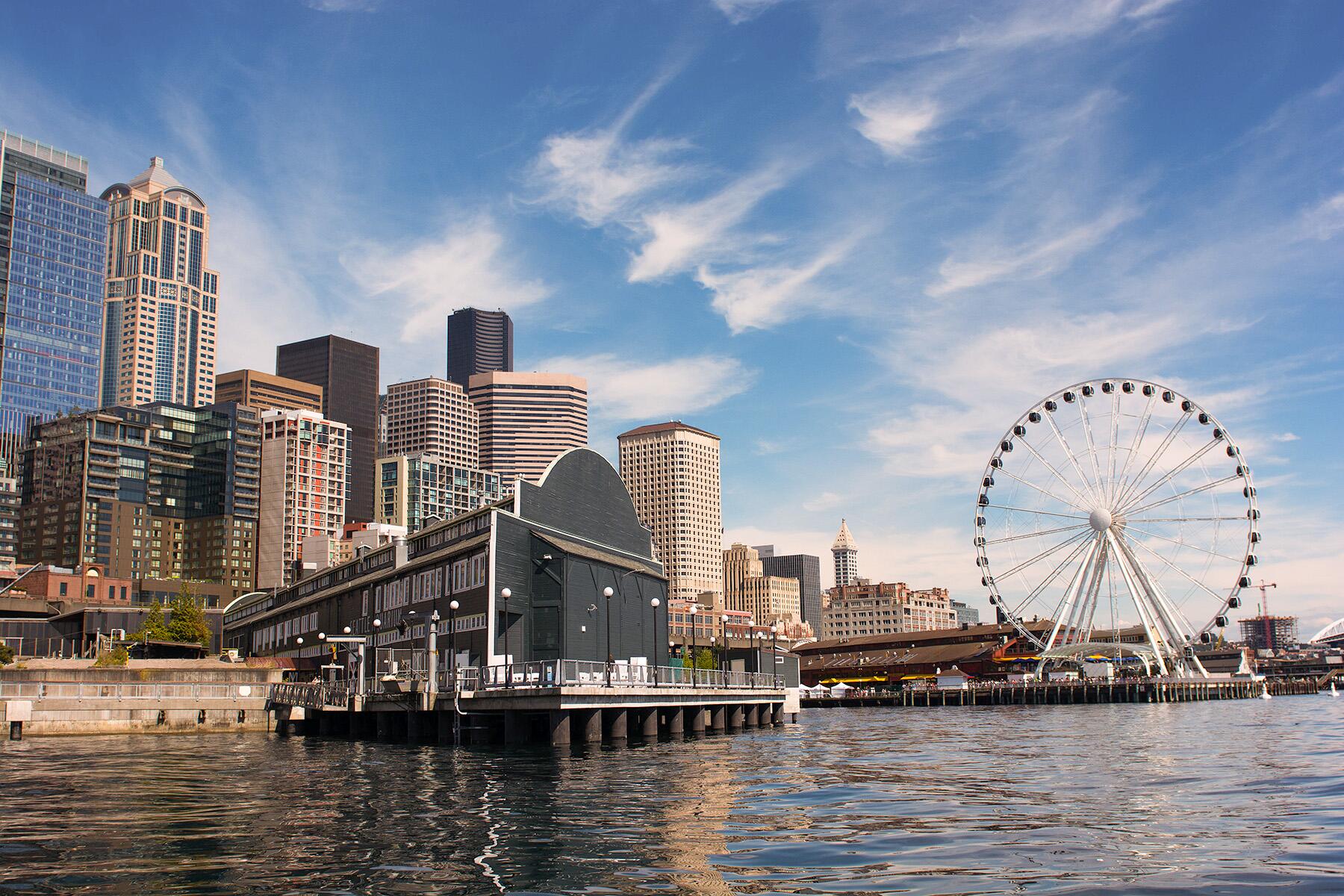Sidestep high exchange rates and pesky international transaction fees with these pro tips.
One of the fun parts of traveling to another country is getting use to the local monetary system. If nothing else, local banknotes (which are most often not uniformly green like in the States) are a colorful reminder that you’re not in Kansas anymore. However, foreign currency comes with its own share of complications: unfavorable exchange rates, leftover notes and coins, hefty exchange fees when using credit cards, and more. Doing some research on the currency before leaving home and following a couple of simple universal rules on acquiring and disposing of foreign currency can add value and convenience to any international journey.
As for coins, just leave them to tip the hotel/B&B housekeeping staff. Along w/some paper money if it's just a few coins.






I keep about 100 euros and about 100 pounds so I will have money when I arrive. Then a day or two later, I take my ATM card to a bank. My bank charges a flat fee; so I usually withdraw 200 to 400 pounds or euros at a time. My American Express card doesn't charge foreign exchange fees; so I charge everything I can on it. I also carry a Visa or Master card for places that don't take American Express.
Regarding getting rid of all money before departure: Once years ago I was leaving Belgrade and gave the taxi driver all my dinars when he drove me to the airport. When I got inside (at 5 or 6 in the morning) I found that there was an airport tax (equal to about $5) that wasn't included in my ticket! The bank and cafe in the airport hadn't opened yet; so I gave the clerk a $20 bill. She rummaged in her purse and gave me dinars in change. When I arrived at Frankfurt to change planes, I found that the $15 in dinars, when changed to Deutschmarks, only bought a newspaper and an alcohol-free beer.